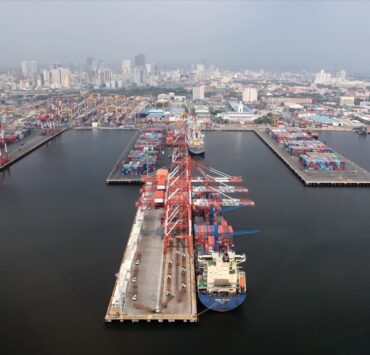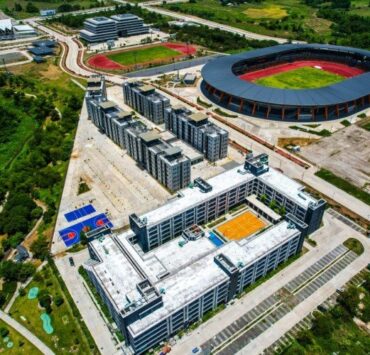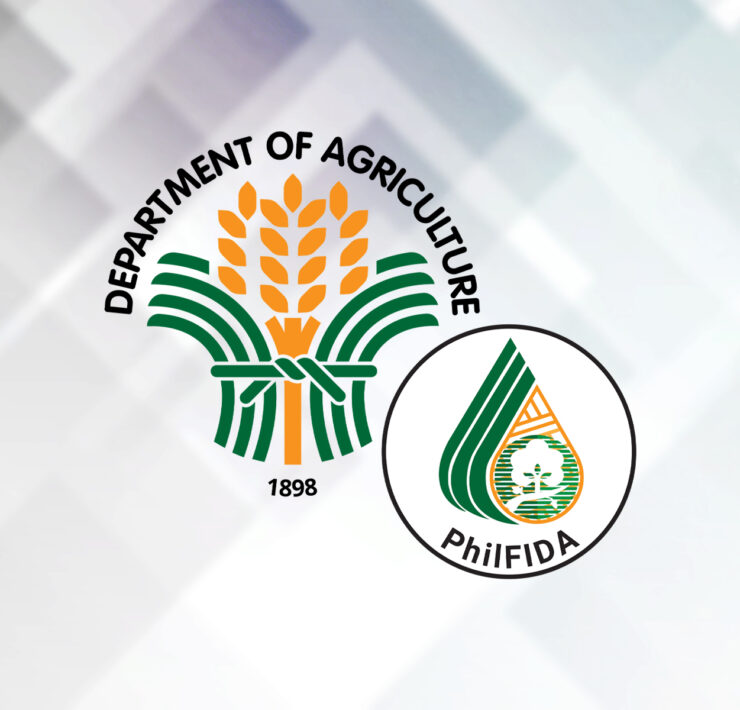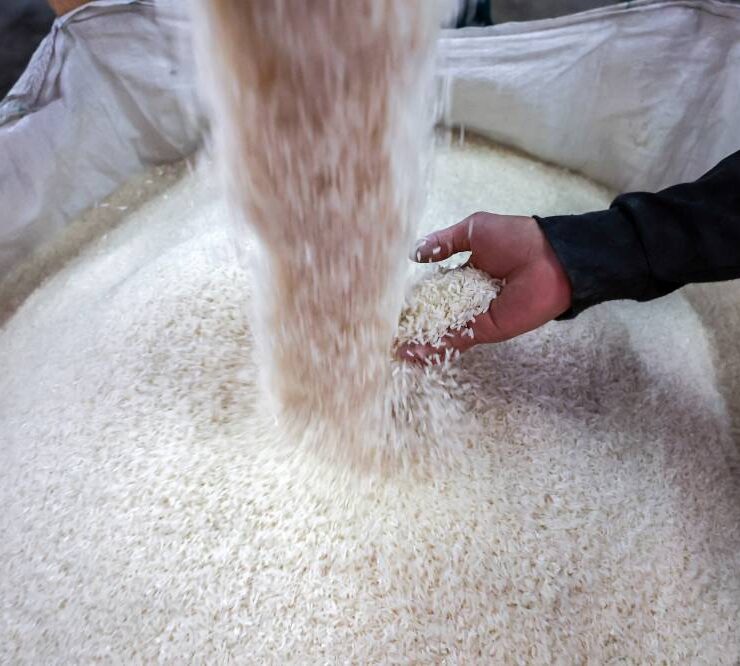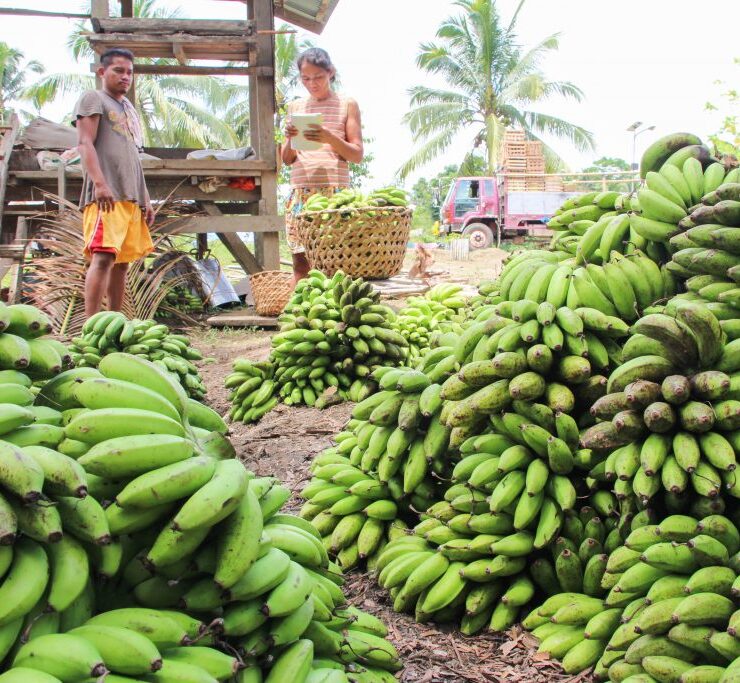PH, United Nations boost farmers’ resilience to climate change
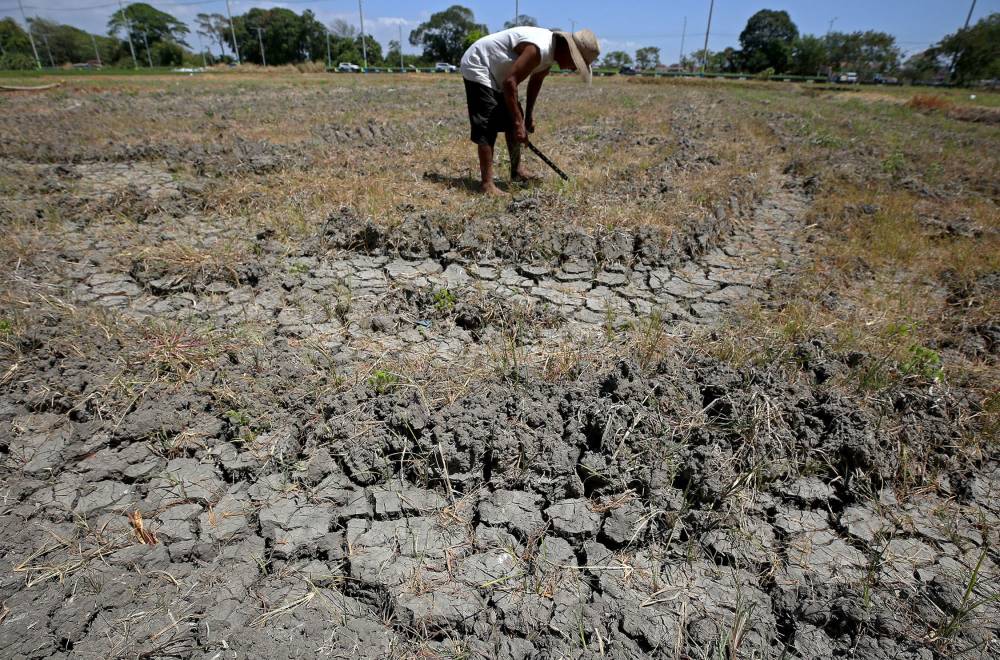
The Philippine government in partnership with the United Nations’ Food and Agriculture Organization (FAO) officially started the implementation of a $39.2-million project aimed at strengthening farmers’ resilience to climate change.
The Department of Agriculture (DA), the Philippine Atmospheric, Geophysical and Astronomical Services Administration (Pagasa) and the FAO signed a tripartite agreement to begin work on the project dubbed Adapting Philippine Agriculture to Climate Change (APA).
The seven-year initiative is meant to boost the resilience of rural communities that are reliant on agriculture. It covers five regions, nine provinces and 100 towns across the country.
Of the project’s total cost, $26.3 million is covered by a grant from the Green Climate Fund (GCF) and $12.9 million is co-financed by the Philippine government.
About 250,000 households or a total of 1.25 million individuals are expected to benefit from the APA project, which will indirectly help millions more.
Localized info
The project will provide localized climate information services and let farmers adopt climate-resilient farming practices, particularly enterprises led by women and indigenous peoples.
It will strengthen regulatory frameworks, enhance market systems, and improve knowledge management to mainstream and scale up climate-resilient agriculture across the country.
“It’s about creating opportunities for growth in the fields and through agricultural enterprises, ensuring that future generations continue to benefit from the rich agricultural heritage of the Philippines—a nation sustained by farming for centuries,” FAO country representative Lionel Henri Valentin Dabbadie said.
The country ranked fourth among the countries most affected by extreme weather events, according to GCF.
Recently, the DA reported that the farm sector’s losses due to southwest monsoon (habagat) and Tropical Cyclone Ferdie totaled P600.83 million and affected the livelihood of 11,170 farmers.














